The 2018 AABS Conference at Stanford University:
The 100th Anniversary of Baltic Independence
June 1-3, 2018
Divisions
The 2018 AABS Conference’s program is divided into 16 broad divisions. The divisions represent a wide spectrum of subject areas, each focusing on a set of topics currently relevant to corresponding fields. A detailed overview of questions each division will address can be found below.
1. AABS 50
2. AESTHETICS AND THE ARTS
3. ANTHROPOLOGY AND SOCIOLOGY
4. BUSINESS AND ECONOMICS
5. COMMUNICATION, DISINFORMATION, AND THE MEDIA
6. DIGITAL HUMANITIES
7. EDUCATION
8. HISTORY AND MEMORY
9. JEWISH STUDIES
10. LIBRARIES, ARCHIVES, MUSEUMS
11. LITERATURE AND LANGUAGE STUDIES
12. MUSICOLOGY
13. POLITICAL SCIENCE AND REGIONAL SECURITY
14. RELIGION
15. THE BALTIC SEA REGION AS AN EMERGING TECH POWERHOUSE
AABS 50
It is customary to schedule several panels at AABS conferences to discuss the state of Baltic Studies in North America and elsewhere, as well as issues of importance to the AABS as a learned society. At the previous, Philadelphia conference, the Executive Directors of the Association for the Advancement of German Studies and the Society for the Advancement of Scandinavian Studies joined AABS representatives on panels that discussed the relationship of member learned societies to the American Council of Learned Societies and the publishing of association journals.
2018 will mark the 50th anniversary of the founding of the Association for the Advancement of Baltic Studies. This will become the major theme of this division. We will want to focus on:
- Memories of the founding and early years of the AABS;
- The significance of the AABS to the development of international interest in Baltic Studies;
- The need to launch a project on writing a history of the AABS;
The division welcomes other ideas of what would be appropriate to celebrate the anniversary.
Chair
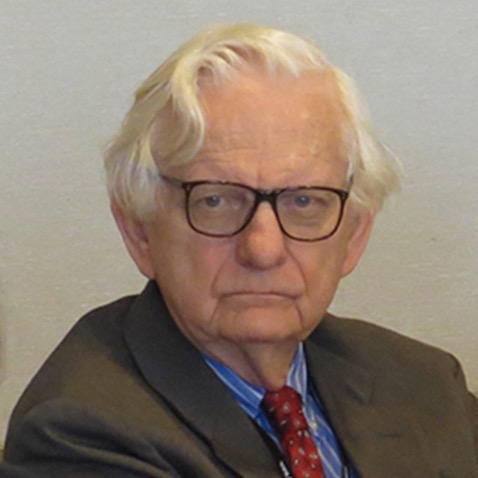
Olavi Arens
Professor of History, Armstrong State University
Co-Chair
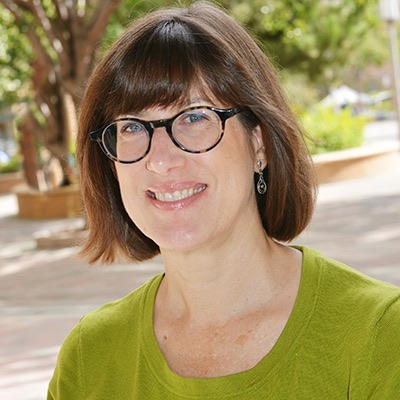
Amanda Swain
Executive Director, University of California Irvine’s Humanities Commons
AESTHETICS AND THE ARTS
The Aesthetics and the Arts division will address the theory, criticism, history, and heritage of the visual and material culture of the Baltic states. This division invites emerging and established scholars to share their current research, investigations, and/or work in progress. Proposals will be accepted from a very wide spectrum of subject areas, including painting, sculpture, decorative arts, folk arts, photography, film, theatre, architecture, urban design, and historic preservation.
The historiography of these fields, noting changes occurring since the Baltic states gained independence, is also included. Patronage, curatorship, and arts administration topics are likewise welcome. Interdisciplinary topics will be considered on a case-by-case basis, but not topics mostly overlapping with archaeology, anthropology, or history. Such proposals will be forwarded to the respective division chairs.
Chair
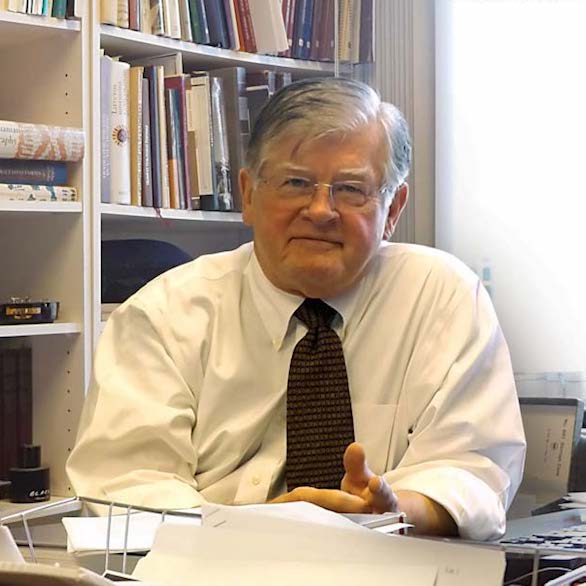
K. Paul Zygas
Associate Professor of Architecture, Arizona State University
Co-Chair
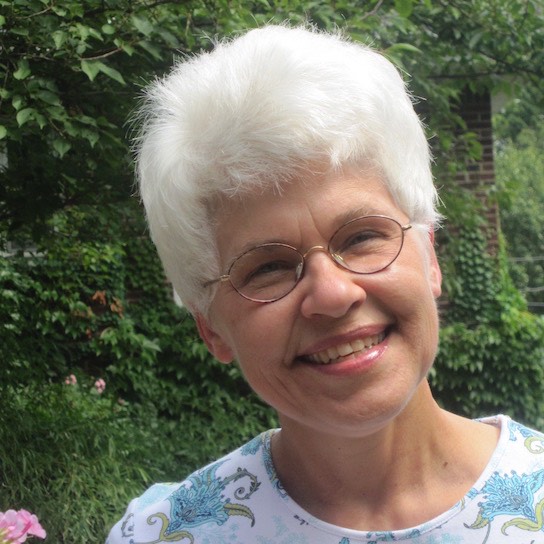
Milda Richardson
Lecturer in Art History, Northeastern University
BUSINESS AND ECONOMICS
The Business and Economics division of the 2018 AABS conference welcomes submissions on a wide array of topics. Economics papers will be accepted that cover macroeconomic issues relevant to the Baltic states such as the fallout from the financial crisis, issues in Euro accession, along with papers on growth, employment, and fiscal policy.
Additionally, papers addressing individual markets (e.g. the effect of migration on labor markets) are welcome as well. Papers on most business topics related to the Baltic states are also welcome. Papers addressing the competitiveness of Baltic companies and entrepreneurship in the Baltic States are particularly encouraged.
Chair

Kenneth Smith
Associate Professor of Economics, Department Chair, Millersville University
Co-Chair
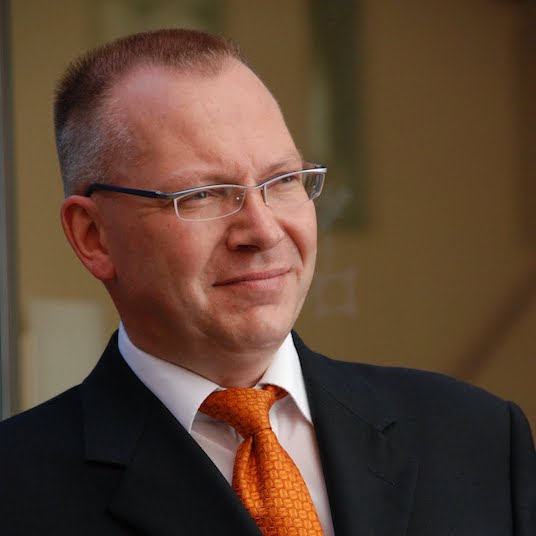
Morten Hansen
Chair of the Economics Department, Stockholm School of Economics in Riga
Co-Chair

Burton Lee
Lecturer, Mechanical Engineering, Stanford University
Co-Chair

Andrus Viirg
Director, Enterprise Estonia, Silicon Valley
COMMUNICATION, DISINFORMATION, AND THE MEDIA
The Communication, Disinformation, and the Media division of the 2018 AABS conference seeks individual, panel and roundtable submissions featuring original research on all areas of journalism, mass media, and related subjects in the Baltic states. We are particularly interested in the following.
- Work that can contribute to the investigation of similarity and difference in the development of media across the Baltic states and communities therein;
- Contemporary issues of wide concern such as “fake news,” “information war,” and media policies;
- The role of media in securing the independence and reestablishment of independence of the Baltic states;
- Media as part of the establishment, maintenance, and contestation of identity and community in the Baltic states, especially with reference to media content;
- Issues of democracy and journalism practice.
Chair
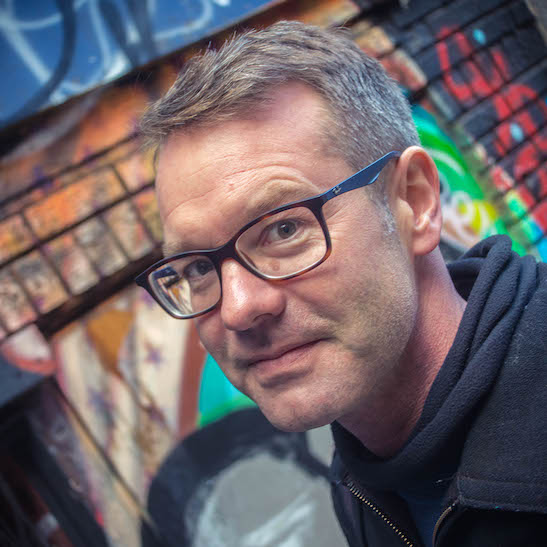
Janis Chakars
Assistant Professor of Communication, Gwynedd Mercy University
Co-Chair

Paul Gregory
Visiting Fellow, Hoover Institution
Co-Chair
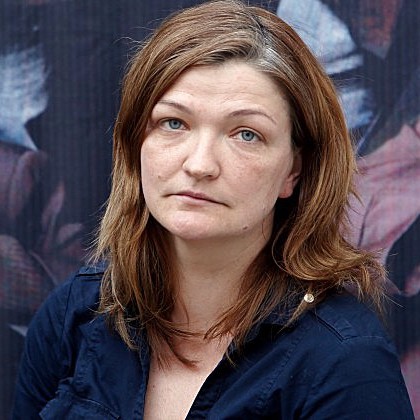
Sanita Jemberga
Executive Director, Baltic Centre for Investigative Journalism
Co-Chair
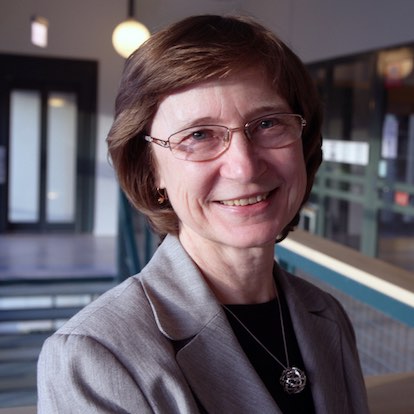
Epp Lauk
Professor of Journalism, University of Jyväskylä
Co-Chair
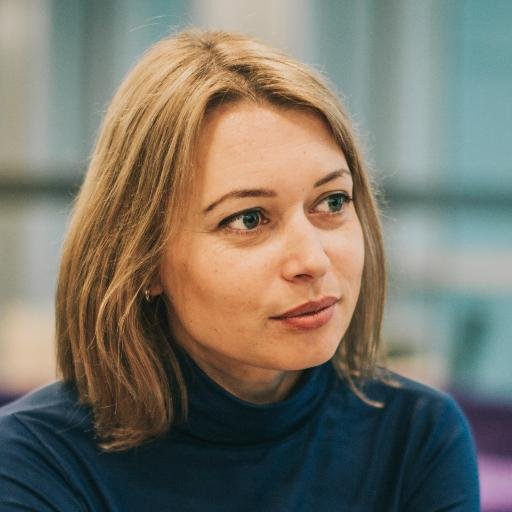
Inga Spriņģe
Founder, Investigative Journalist, Baltic Centre for Investigative Journalism
Co-Chair
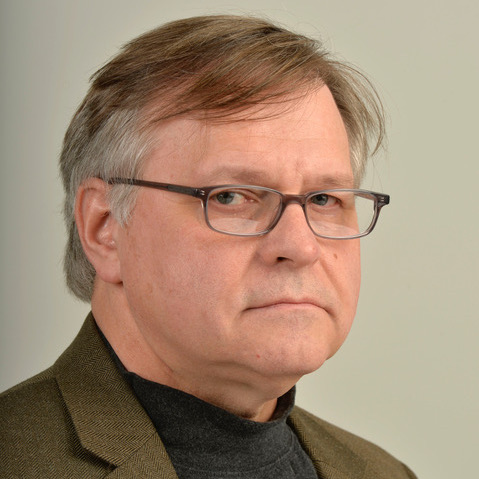
Andris Straumanis
Associate Professor of Communication and Media Studies, University of Wisconsin, River Falls
Co-Chair
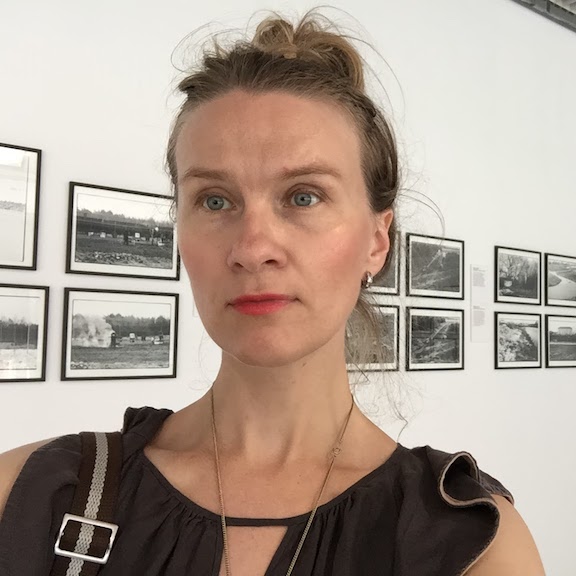
Asta Zelenkauskaitė
Assistant Professor, Department of Culture and Communication, Drexel University
DIGITAL HUMANITIES
The digital is omnipresent in contemporary life, both non-academic and academic. It has cut across the humanities disciplines to an extent that is impossible to ignore, becoming a meeting place for interdisciplinary research. Digital Humanities is creating synergies and opening up new arenas of study like transmedia studies, digital folkloristics, etc. In the 21st century, digital sources are forming an increasingly larger part of contemporary culture, thus becoming research object for the humanities.
The move from analogue to digital source material has shaped the way we approach, analyze and present data. A distinction between digitized, born-digital, and reborn-digital is in order to help researchers in the process of exploration and scholarship. But the commonalities among all these aspects of digital research are as important as their distinctions.
In this Digital Humanities division of the 2018 AABS conference, we invite participants to discuss the role of the digital in their research, including daily practices, computational methods, and exploration of digital sources.
We invite researchers to share their experience on how digital practices, tools and methods have contributed to their research. What’s the contribution of computational power to humanities research, and how has it changed the way we look at and analyze our source materials? Has it opened up new methodological approaches, changed our research questions? And what are researchers’ solutions for handling digital culture, often multimedial, happening in real time, with various legal restrictions: how it can be tamed and transformed into research data?
Chair
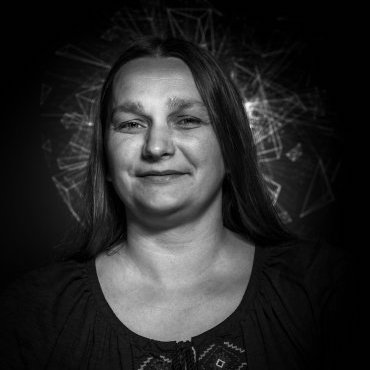
Mari Sarv
Senior Researcher, Estonian Literary Museum
Co-Chair
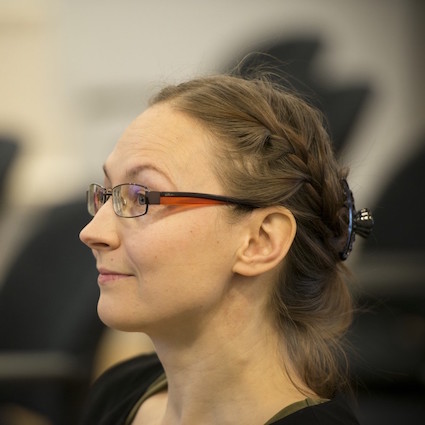
Liisi Laineste
Senior Researcher, Estonian Literary Museum
Co-Chair
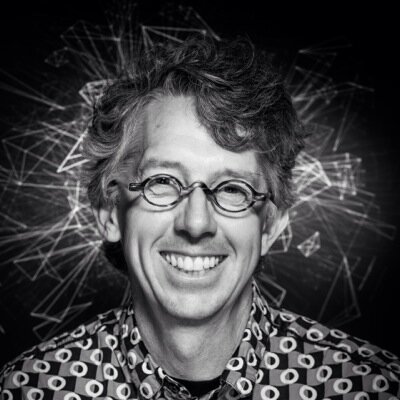
Glen Worthey
Digital Humanities Librarian, Stanford University Libraries
EDUCATION
The Education division of the 2018 AABS conference focuses on education conceived both broadly as learning beyond school and more narrowly as the institution of schooling. We strive to advance historical understandings of education in the Baltic region and strengthen our nuanced appreciation of contemporary developments. Our division welcomes a range of academic disciplines as well as research methodologies; we find this interdisciplinary focus and approach to strengthen our investigation of education in the Baltic states. Specifically, the division is open to research on all levels of education from pre-preprimary through higher education.
The division invites individual presenters and encourages the submission of panels engaging with themes including, but not limited to, curriculum, teacher education, national and global testing, student migration, minority schooling, language, rural/urban schools, school organization, and universities in the European network.
Given the independence commemorations in 2018, the division particularly encourages papers concerning the intersecting themes of schooling and national development, education and resistance (during World War II and the occupation periods), schools as sites that cultivate civic identities, and the role of directors, teachers, and students in compliance and independence.
Chair

Kara Brown
Associate Professor of Educational Studies, University of South Carolina
Co-Chair
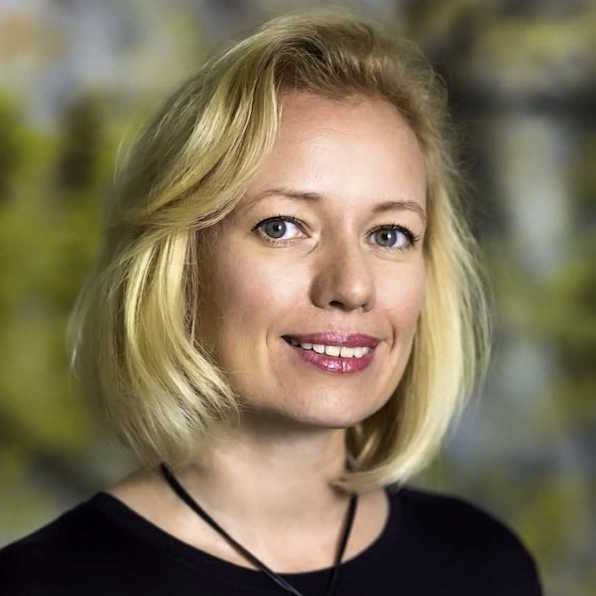
Merli Tamtik
Assistant Professor in Educational Administration, University of Manitoba
HISTORY AND MEMORY
The History and Memory division, expected to be the largest of its kind at the upcoming conference and fulfilling in many ways a central role, will be closely connected to the conference’s most important celebratory milestone: the 100th anniversary of independent Baltic republics. The focal point of the History and Memory division will thus be the question of Baltic independence from a variety of historical perspectives, including the following, often partially overlapping fields of research:
- Historical memory and nation-building in the Baltic provinces and the Baltic states, with a focus on the role of historical imagination and its translation into political aims by the Baltic nationalist movements both before and after the attainment of independence;
- The pivotal years of 1917–1920 and 1988–1991: the origins, development and outside perceptions of the question of Baltic independence during the years of its emergence and subsequent re-emergence;
- The advocacy of Baltic independence abroad: the history of political, academic and cultural organizations and movements in countries outside of the Baltic states, concerned with advocating Baltic independence during the Cold War and beyond.
In addition, other paper, panel and roundtable proposals in the field of Baltic history and memory which are not explicitly connected to the questions outlined above will be just as welcome.
Chair
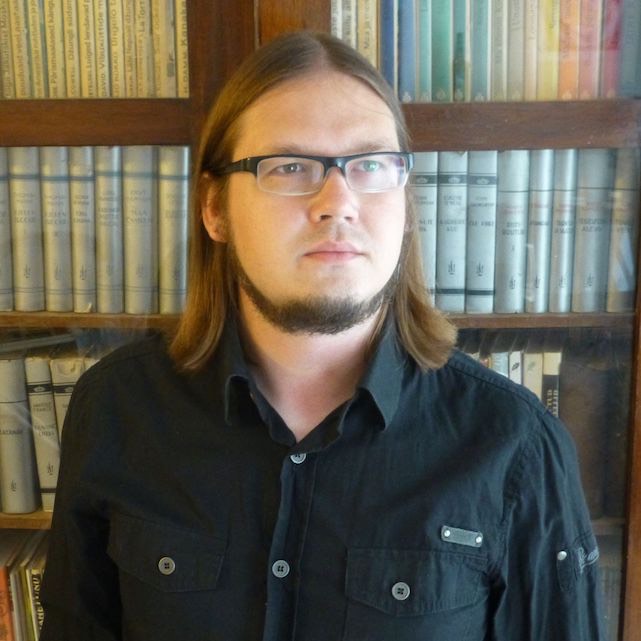
Mart Kuldkepp
Lecturer in Contemporary Scandinavian History, University College London
Co-Chair
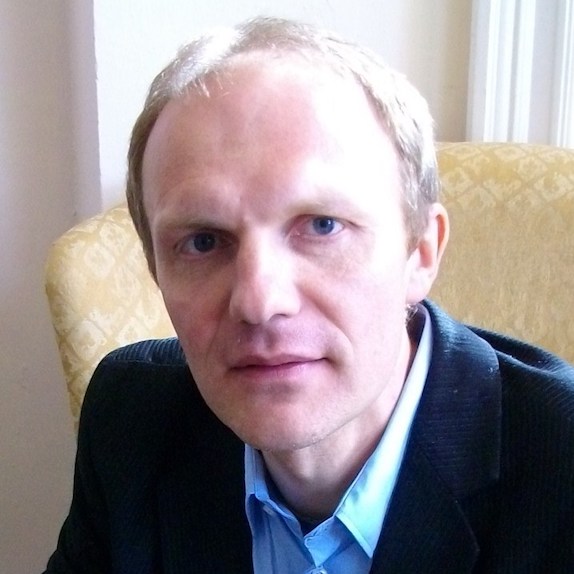
Tomas Balkelis
Senior Researcher, Lithuanian Institute of History
Co-Chair
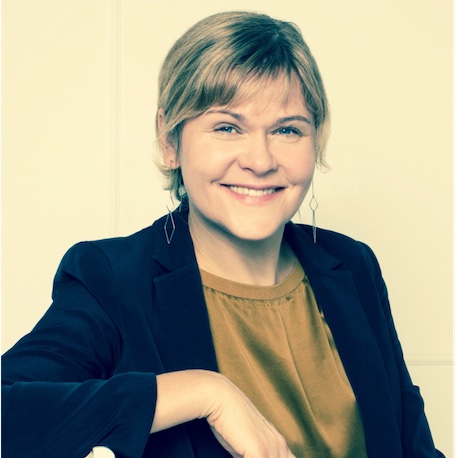
Violeta Davoliūtė
Senior Researcher, Vilnius University
Co-Chair
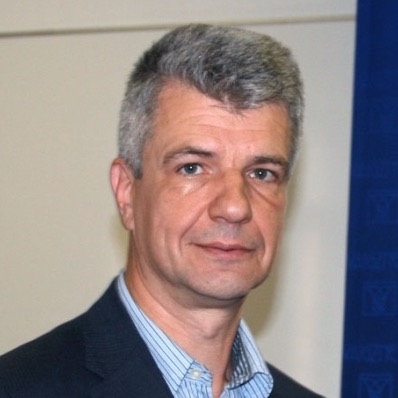
Ēriks Jēkabsons
Professor of History, University of Latvia
Co-Chair
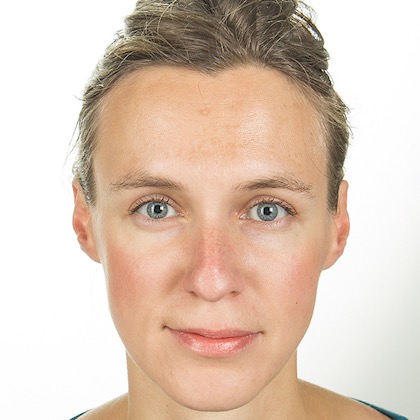
Linda Kaljundi
Associate Professor, Institute of Humanities, Tallinn University
Co-Chair

Amir Weiner
Associate Professor of Soviet History, Stanford University
Co-Chair
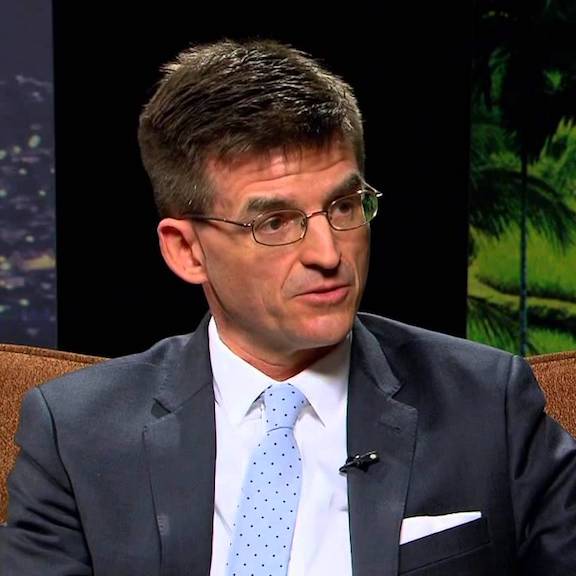
Bradley Woodworth
Associate Professor of History, University of New Haven
JEWISH STUDIES
Jews have been present in the Baltic region since the 13th or 14th century. Over the centuries, a “Litvak” (Northern European) Jewish culture developed and flourished. This culture influenced and was influenced by the surrounding cultures. Jews played a crucial role in the region’s economy, in politics, in the arts, and in other aspects of culture. By the end of the 19th century, emigration reduced the Jewish population of the region. The 20th century saw an increase in anti-Semitism, the Nazi era, and the annihilation of the vast majority of the region’s Jews in the Holocaust. During the Soviet era, the region’s Jewish population was further reduced.
In the 21st century, the Baltic region faces the challenge of preserving Jewish memory in the absence of a sizeable population of Jews, and Jewish communities and individuals outside the region debate what relationship they should seek to the land of their ancestors.
Scholars of Baltic and Jewish studies have traditionally worked in isolation from one another, yet connections are now being forged, both within AABS and elsewhere. The Jewish Studies division of the 2018 AABS conference seeks to strengthen these connections and to foster dialogue about future scholarly collaborations.
Paper and panel proposals are solicited for the following topics:
- Jewish culture in the Baltic Sea region, all eras;
- Intersections of Litvak and non-Jewish cultures in all eras: folk traditions, languages, arts, music, economic contact, education;
- Comparison of how various historic eras are remembered by scholars of Jewish studies and Baltic studies. How did Jews and non-Jews experience the eras of Vytautas the Great; the Partition of 1795; the Tsarist creation of the Pale of Settlement and other Tsarist policies; Smetona and other 20th-century leaders?
- Jewish religious, secular and political thought and activity; the Jewish Enlightenment; socialism, Zionism, anarchism, emancipation, assimilation;
- Nazi era, Holocaust. Collaboration, resistance, rescue; role of leadership and ordinary people;
- Soviet era;
- Post-Soviet era. Future directions. Issues, challenges;
- Models for teaching Jewish history in the Baltic region;
- The role of Jewish and non-Jewish diasporas in shaping Jewish remembrance in the region;
- Historiographies and narratives. The role of memoirs, testimonies, documentation, and witnesses in shaping the future of the region.
Chair
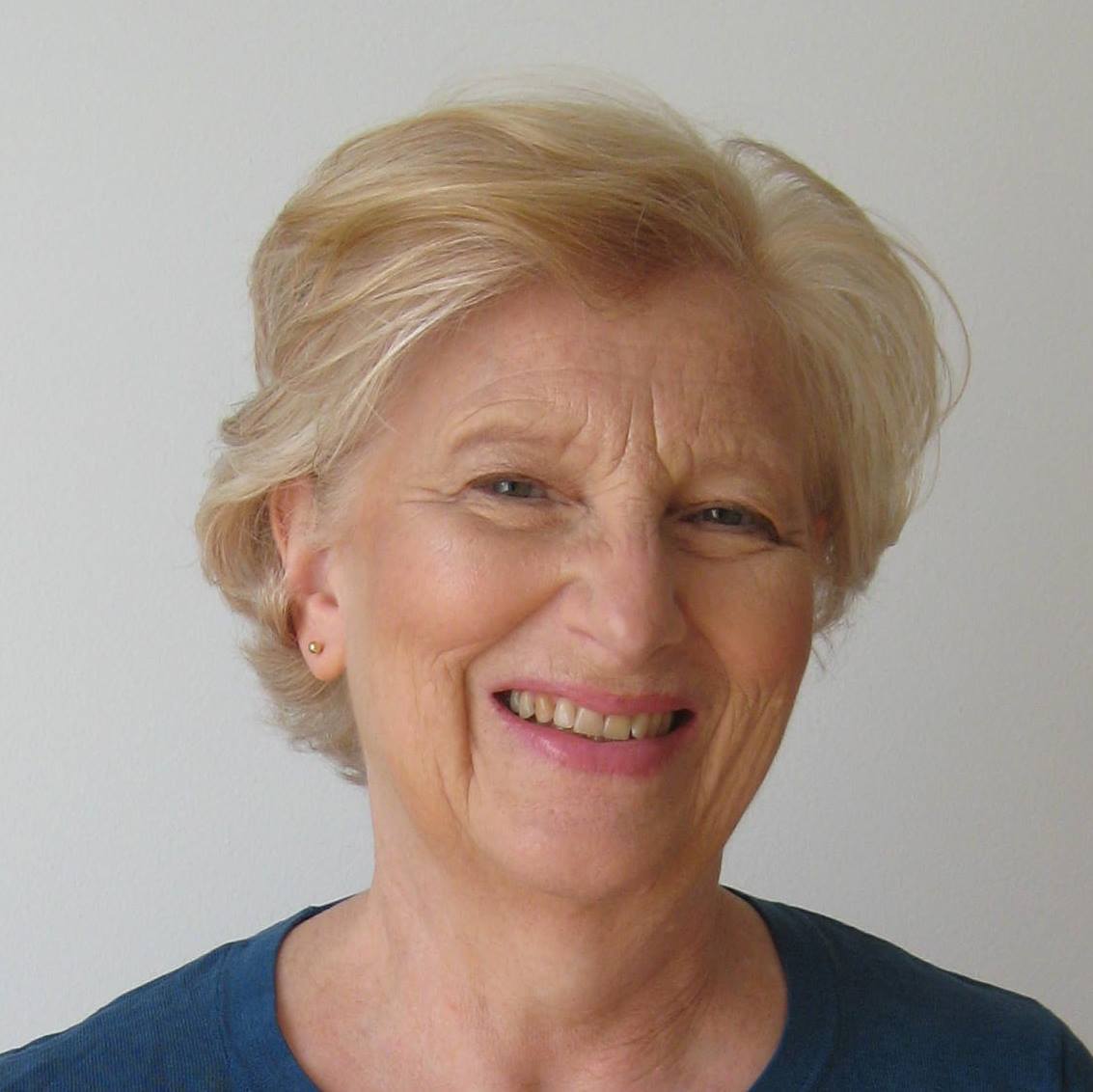
Ellen Cassedy
Independent Scholar; Author of We Are Here. Memories of the Lithuanian Holocaust
Co-Chair
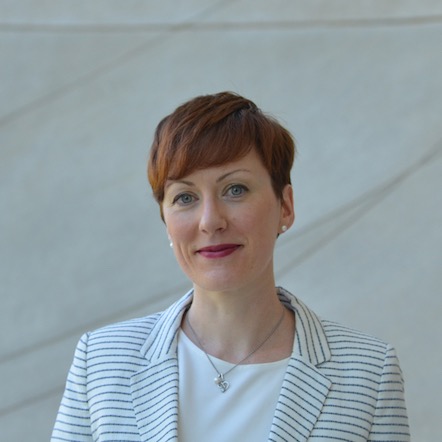
Jolanta Mickutė
Assistant Professor of History, Vytautas Magnus University
Co-Chair
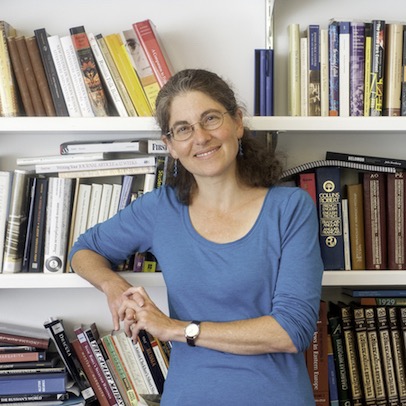
Gabriella Safran
Professor in Jewish Studies, Stanford University
LIBRARIES, ARCHIVES, MUSEUMS
In 2018 the Baltic states will achieve an important milestone in their histories as states – 100 years since the establishment of the Republics of Estonia, Latvia and Lithuania. At the same time more than 25 years have already passed since the renewal of independence of the Baltic states. As we pause and look back at these 100 years of our history we cannot be on the border between centuries and not have to look at the future as well, as the Baltic states enter their next 100 years.
Memory institutions are by nature always on the brink between the past and the future – preserving the past, but having to face all the challenges of the modern, ever-changing world and the coming unknown future. Celebrating the first centenary and entering the next 100 years of Baltic history – what in this situation is the role and place of memory institutions?
To search for this role and place of memory institutions, presentations on the following topics (but not limited only to these) are welcome:
- Celebrating 100 years of Baltic States: the use of diaspora historical sources as sources for researching Baltic statehood;
- Baltic cooperation: working together for the preservation of historical sources – challenges and achievements;
- Challenges for memory institutions in the Digital Age. Are traditional museums, archives, and libraries destined to disappear?
- New Baltic immigrants: how to preserve their stories and include them in the collection and preservation of our compatriots’ heritage;
- The role of memory institutions in the dissemination of cultural heritage;
- Memory and academic institutions: new ways for cooperation;
- Memory institutions as educators: mission (im)possible.
Chair
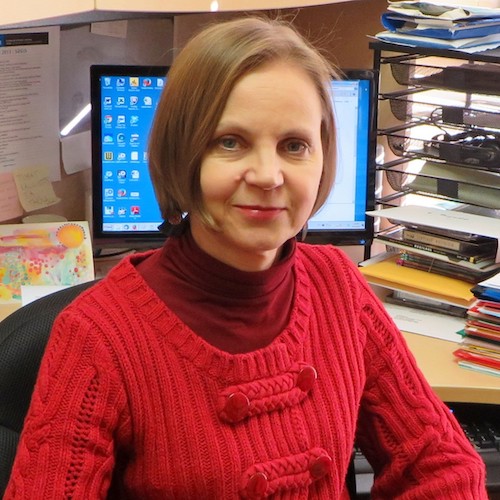
Piret Noorhani
President, Baltic Heritage Network; Chief Archivist, Museum of Estonians Abroad (VEMU)
Co-Chair
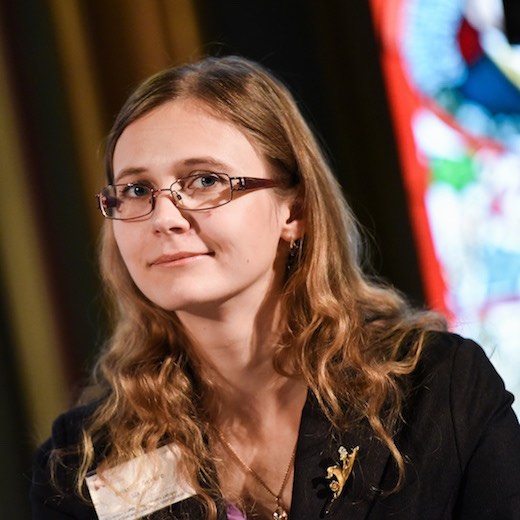
Kristine Bekere
Researcher, Latvian Academy of Sciences Baltic Center for Strategic Studies
Co-Chair
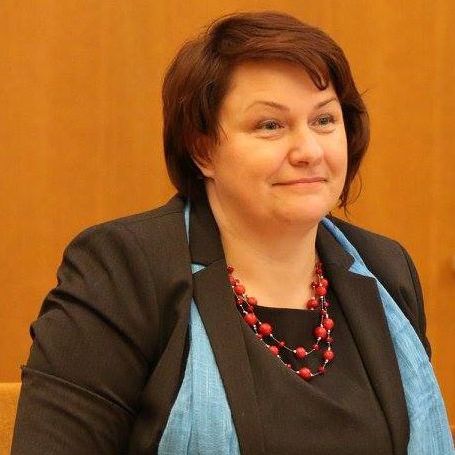
Jolanta Budriūnienė
Head of the Lituanica Department, Martynas Mažvydas National Library of Lithuania
Co-Chair
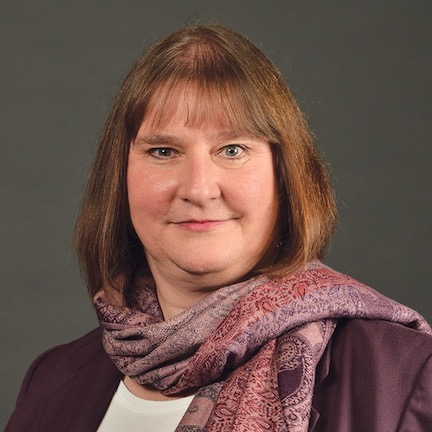
Maira Bundza
ScholarWorks Librarian and Associate Professor of University Libraries, Western Michigan University
LITERATURE AND LANGUAGE STUDIES
The Literature and Language Studies division of the 2018 AABS conference welcomes proposals for papers, panels and roundtable discussions in the fields of Baltic literature, folklore, and linguistics. We are casting a wide net in all three subject areas to include traditional and contemporary approaches as well as those pushing the boundaries of current theory and scholarship.
In literature, traditional approaches might include those focusing on the form, style, or structure of a specific literary work or on the life of a particular author. Contemporary approaches might examine fiction, poetry, memoir, or drama from cultural, gender, historical, psychoanalytic, or post-colonial perspectives. Topics that have gained in popularity at recent AABS conferences include those that touch upon transnationalism, memory and trauma, cultural hybridity, and immigration literature. Papers dealing with Jewish literature in the Baltics are welcome, as are those focusing on publishing and translation.
There is frequently an overlap between topics in literature and those in folklore. Two paper titles from previous AABS conferences that show this intersection are “An Old Folktale in New Forms: Rainis, Kalnaellis and the Traditional Tale of the Glass Mountain” and “Kristiina Ehin’s Poetry: Folklore and the New Estonian Woman.” Possible topics for folklore include those dealing with Baltic pagan beliefs and customs, storytelling traditions, folk art, festivals, proverbs, riddles, and material culture.
In linguistics, subject areas might include general linguistics (phonology, morphology, syntax, semantics, pragmatics), comparative linguistics, and applied linguistics. Papers on sociolinguistics, discourse analysis, and intercultural communication are also welcome.
Chair
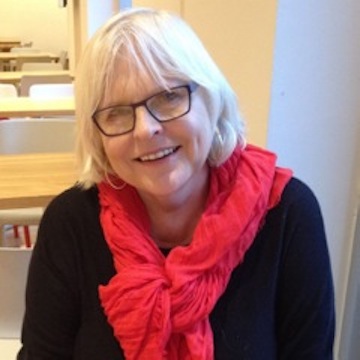
Daiva Markelis
Professor of English, Eastern Illinois University
Co-Chair
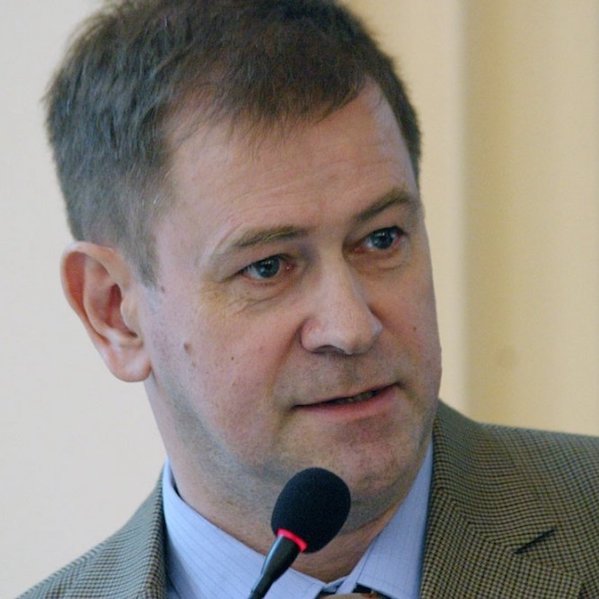
Giedrius Subačius
Professor in Lithuanian Studies, University of Illinois- Chicago
MUSICOLOGY
The Musicology division of the 2018 AABS conference will include sessions and panels that focus on the continued study of Baltic composers, historians, performers and performance practices as well as have a renewed focus on how we can collectively promote and represent this important area to the rest of the musical world.
In addition to individual papers, the Musicology division would like to include panels that focus on collaborations between archival and marketing scholars to encourage discussion about how to proceed with future cross-subject projects, such as multi-media presentations, song festivals and exhibitions.
The Musicology division would also like to encourage performances for participation in the form of lecture-recitals, demonstrations and also audio and video examples to highlight their work.
Possible events include:
- Talk-back panel with filmmaker James Tusty and choral conductor Bob Geary about their film “To Breathe as One”;
- Lithuanian Song Festival exhibition, organized by Aušra Ziberkienė;
- Cross-topic panel with an archival specialist, marketing specialist and other arts professionals about the future of Baltic arts materials, both in the Baltic region and also the diaspora;
- Lecture-recital performances that highlight Baltic repertoire.
Chair
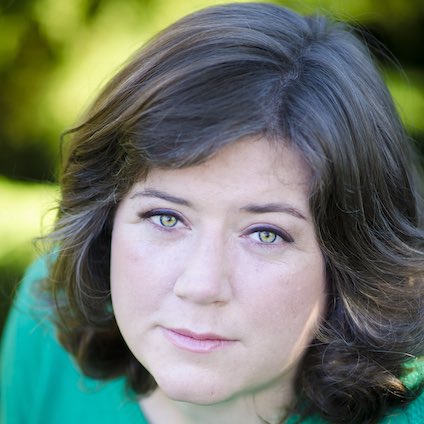
Heather MacLaughlin Garbes
Artistic Director, Mägi Ensemble; Affiliate Assistant Professor of Baltic Studies, University of Washington
Co-Chair

Brigitte Doss-Johnson
Founder, Baltic Choral Music Foundation; Impresario
Co-Chair
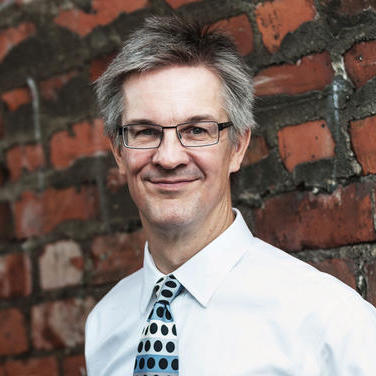
Guntis Šmidchens
Associate Professor of Baltic Studies, University of Washington
Co-Chair
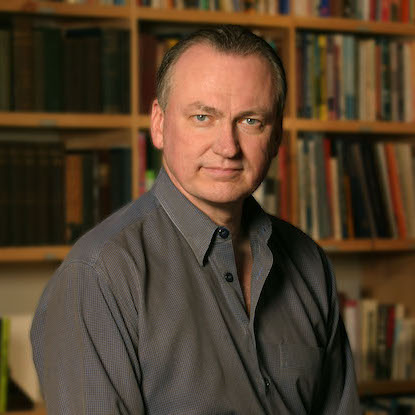
James Tusty
Principal, Sky Films Inc., co-filmmaker of “The Singing Revolution” and “To Breathe As One”
POLITICAL SCIENCE AND REGIONAL SECURITY
The Political Science and Regional Security division of the 2018 AABS conference is devoted to a broad range of topics concerning the political and legal developments in the Baltic countries. These topics should cover both contemporary issues and historical experiences – especially, in the context of the 100th anniversary of Baltic statehood. The main aim of this section is to identify as much as possible those concepts and trends in political science, international relations, and law, where the Baltic experiences could serve as significant and thought-provoking examples for further development in these disciplines.
In the field of political science, comparative perspectives are encouraged, as well as innovative approaches to the analysis of Baltic politics. Political systems, public administration, political parties, and developments in political culture are among the most relevant fields. However, we would also strongly encourage applications on topics less researched in the Baltic context, like democratic innovations, green politics, or political geography.
In the field of regional security, the impact of international organizations, security policy, foreign policy analysis, and security studies are among the most relevant topics. There is a place also for topics like assymetric threats, energy policy, and, last but not least, the armament/disarmament issues. In this section, a special attention should be given to the ‘societal’ dimension of the international relations, welcoming topics like the rise of international extremism and radicalism, the impact of international migration and social movements, as well as to the role of social media.
In addition, we welcome applications on a wide range of issues concerning the legal developments in the Baltic countries. They may include topics on the constitutional history and theory, minority rights and human rights, developments in European and international law. Presentations on topics like privacy and minority rights are welcome.
Chair
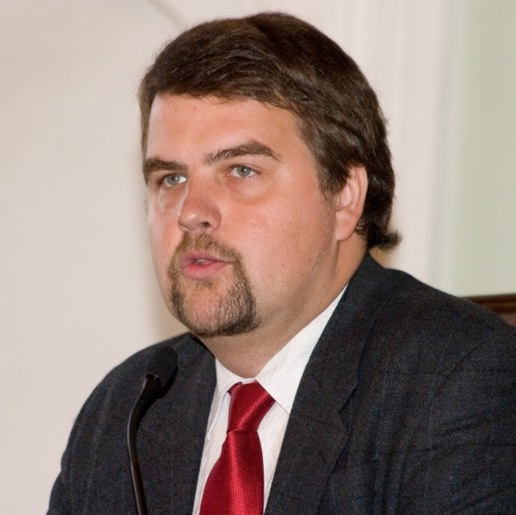
Ivars Ījabs
Associate Professor in Political Theory, University of Latvia
Co-Chair
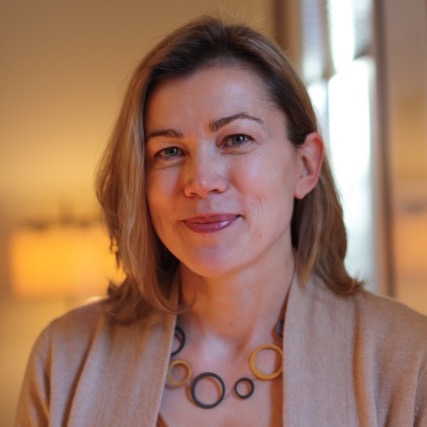
Anna Grzymala-Busse
Professor, Department of Political Science, Stanford University
Co-Chair
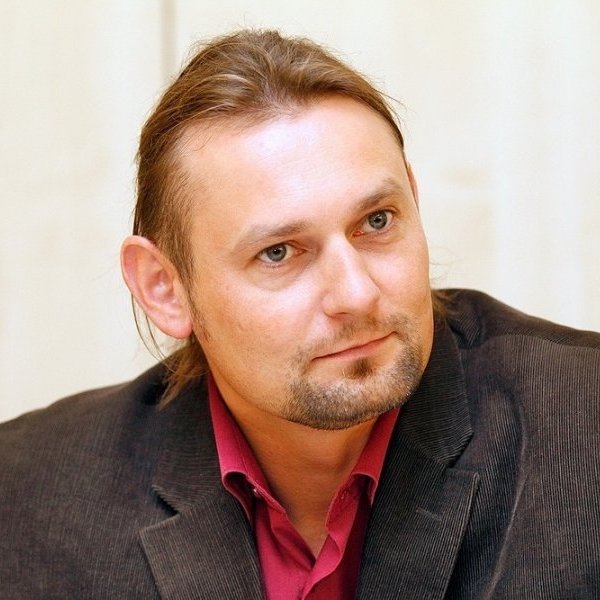
Mindaugas Jurkynas
Professor at Department of Regional Studies at the Faculty of Political Science and Diplomacy, Vytautas Magnus University
Co-Chair
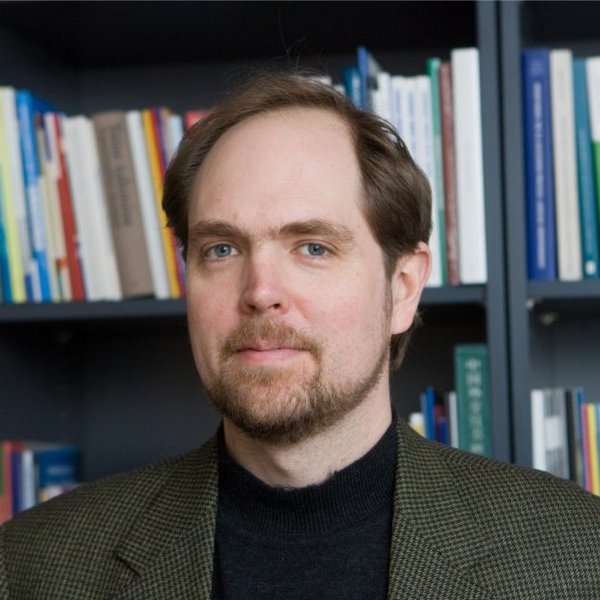
Andres Kasekamp
Elmar Tampõld Chair of Estonian Studies, University of Toronto
RELIGION
The Religion division of the 2018 AABS conference aims to analyze religion in the Baltic States in its full complexity, taking into account the history and the current religious situation. Religion in the Baltic region is a multidimensional phenomenon, with its own institutions, rituals, communities and debates.
Geographically, institutionalized religion can be approached from a very secularized and religiously diverse North to a more stable and religiously homogenous South. However, the diversity of religious worldviews and the spirituality outside conventional religious institutions is certainly characteristic to all Baltic societies and therefore poses a valuable task for researchers.
The Religion division is open to papers and panels on a variety of topics, which show the religious diversification of the Baltic societies in the past and present times.
Chair
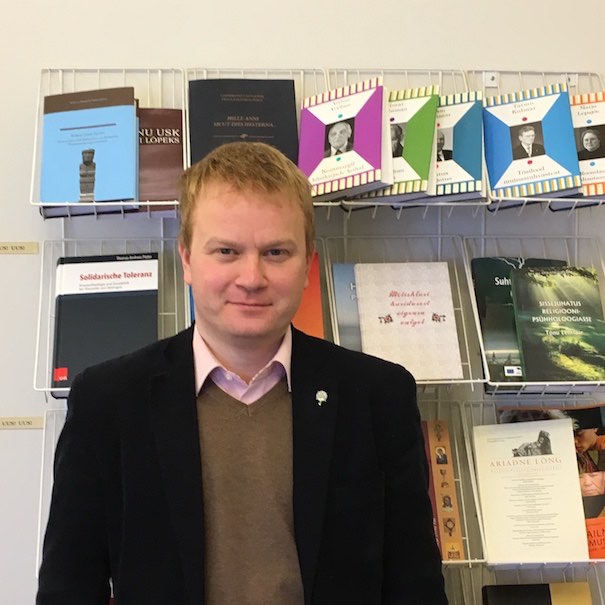
Priit Rohtmets
Research Fellow of Church History, University of Tartu
Co-Chair
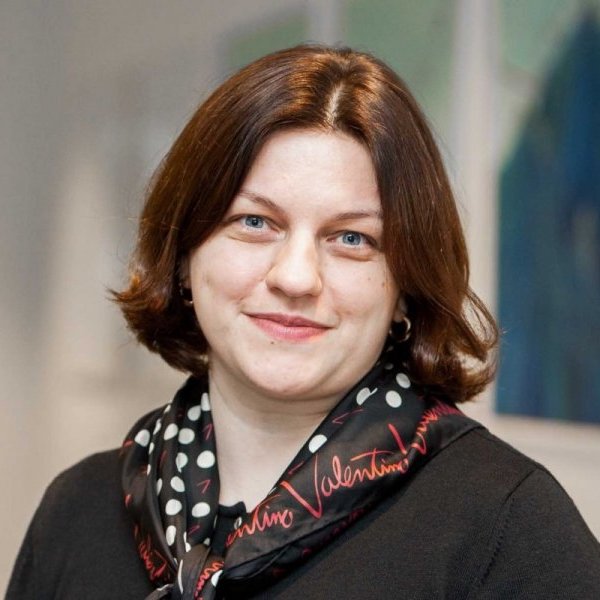
Milda Ališauskienė
Associate Professor, Sociology Department, Vytautas Magnus University
Co-Chair
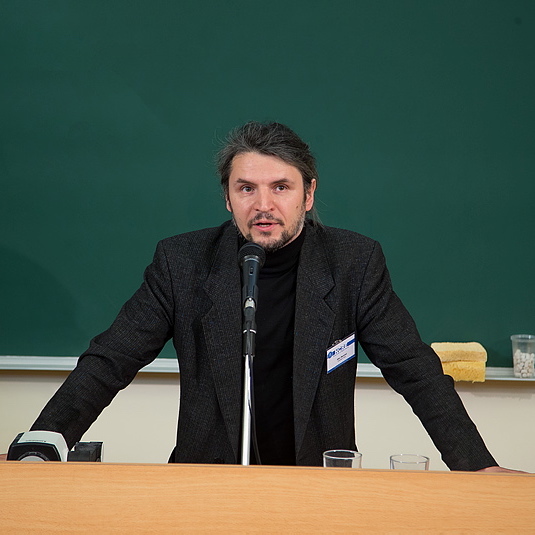
Atko Remmel
Researcher of Cultural Studies, Institute of Cultural Research and Arts, University of Tartu
Co-Chair
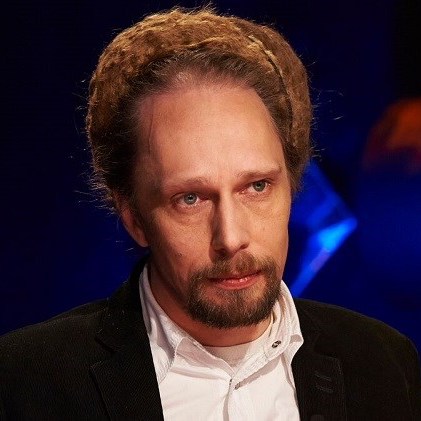
Ringo Ringvee
Professor extraordinarius of Comparative Religion, Theological Institute of the Estonian Evangelical Lutheran Church
Co-Chair
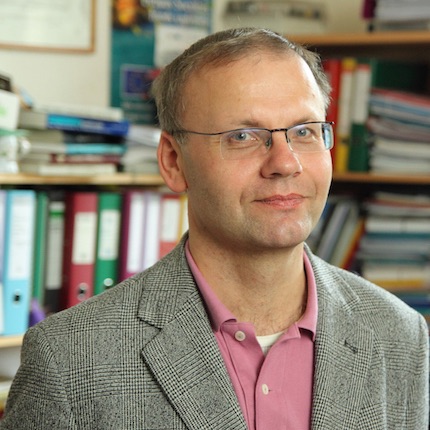
Valdis Tēraudkalns
Professor of Church History and History of Religions, University of Latvia
ANTHROPOLOGY AND SOCIOLOGY
The Anthropology and Sociology division of the 2018 AABS conference invites research papers analyzing political, economic, and sociocultural processes in the Baltics from World War II to present. We welcome interdisciplinary papers as well as comparative approaches.
The topics of this section will include, but are not limited to, war and security, migration and mobility, ethnicity and nationalism, authoritarianism, populism, and the radical right, regionalism and globalism, citizenship, sovereignty and the state, borders and borderlands, media and communication, memory and politics of history and identity.
Chair
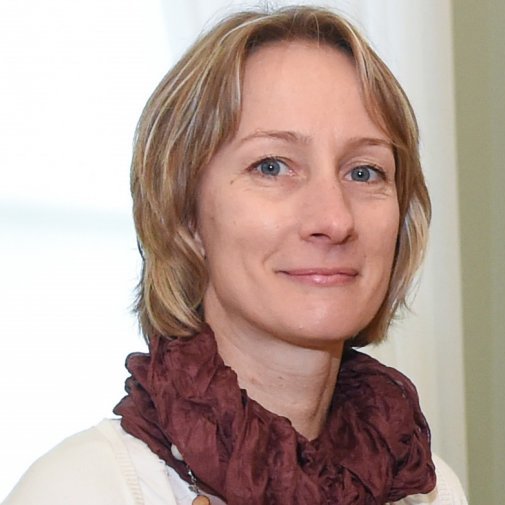
Neringa Klumbytė
Associate Professor of Anthropology, Miami University
Co-Chair
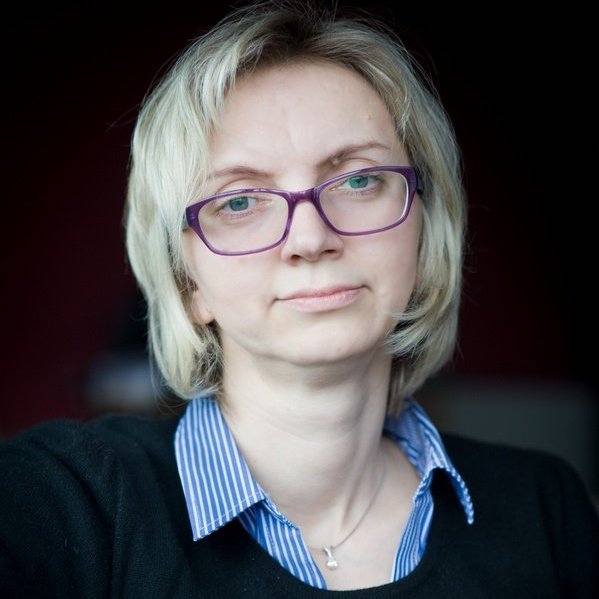
Kristina Juraitė
Professor, Department of Public Communication, Vytautas Magnus University
Co-Chair
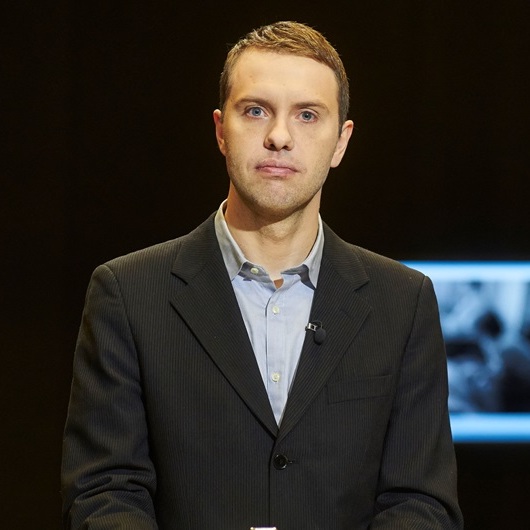
Uku Lember
Lecturer, Tallinn University
Co-Chair
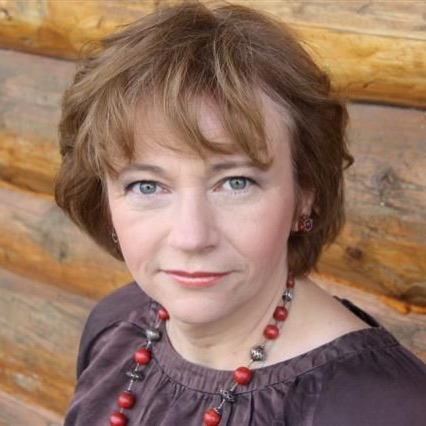
Aivita Putnina
Associate Professor of Anthropology, University of Latvia
Co-Chair

Rima Praspaliauskienė
Visiting Scholar, University of California, Berkeley
THE BALTIC SEA REGION AS AN EMERGING TECH POWERHOUSE
The Baltic Sea region is considered to be one of the leaders and top initiators of ground-breaking initiatives in the field of technology. The Baltic Sea Region as an Emerging Tech Powerhouse division of the 2018 AABS conference will focus on cutting-edge ideas and developments that have emanated from the Baltic sea region in general, and from Estonia, Latvia, and Lithuania in particular. The division will also highlight the growing role of Baltic-Nordic partnership in these initiatives, as well as the Baltic region’s ties to Silicon Valley.
The division will focus on the region’s cyber security and e-society initiatives as well as the economic and political ecosystem that favors creativity and startup culture. The division welcomes paper, panel, and roundtable proposals on a variety of topics that touch upon the “tech powerhouse” phenomenon, including, but not limited to, e-governance, e-services, e-residency, cyber security, and start-up culture.
Chair
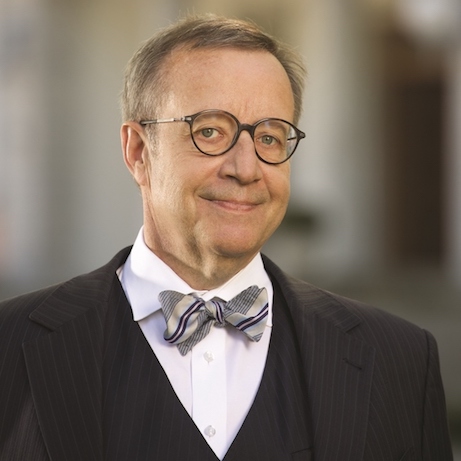
Toomas Hendrik Ilves
Distinguished Visiting Fellow, Hoover Institution
Co-Chair
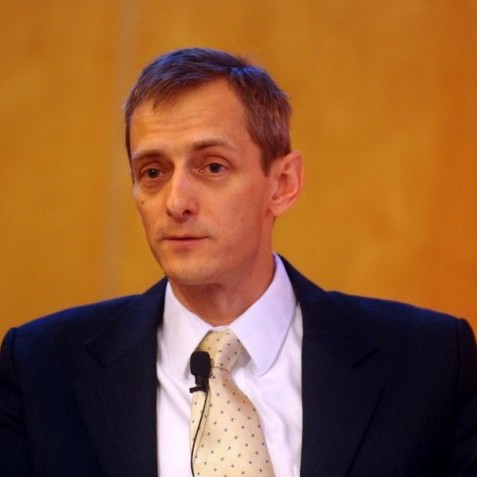
Andris Berzins
CEO and founder, TechHub Riga
Co-Chair

Ott Kaukver
VP of Engineering, Twilio, Inc.
Co-Chair
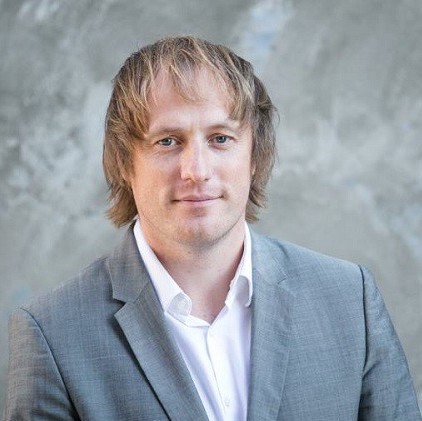
Taavi Kotka
VP of Sales, Plumbr; Former Govergment CIO, Ministry of Economic Affairs and Communications for Estonia
Co-Chair
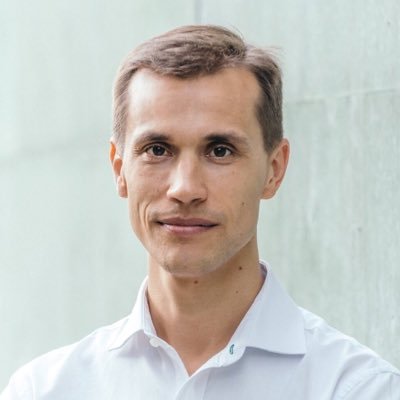
Rainer Sternfeld
VP of Strategic Projects, Intertrust
Co-Chair
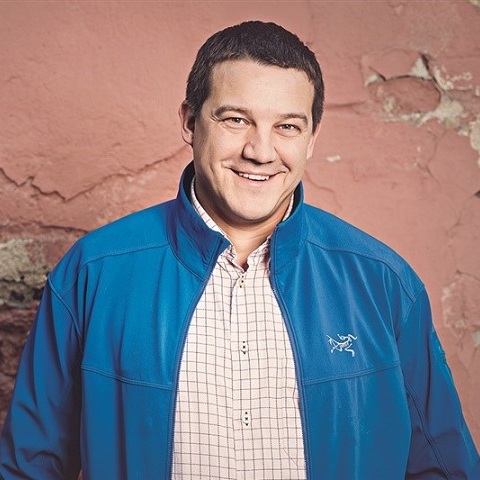
Sten Tamkivi
VP of Product, Employees and Marketplace, MOVE Guides